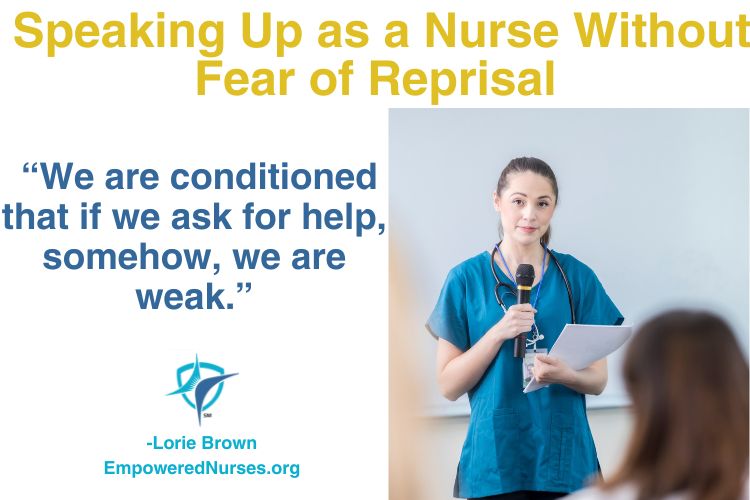If you have a matter before the Board, the Board can do one of four things. One, they can give you a reprimand or censure. It’s like a slap on the wrist, don’t do it again.
They can also place your license on probation and you must meet certain conditions in order to continue to practice. This is called an encumbered license.
The Board can also suspend your license and revoke your license. Suspension means you will not be able to practice for a certain period of time and until you meet certain conditions. The good thing is you can get your license back after a suspension.
The Board can also revoke your license. With a revocation, you cannot get your license back unless there is a statute allowing you to reapply at some point in the future. In Indiana, you can reapply for your license in seven years. In California, I believe it is three years. It is rare that the Board revokes a license.
Things that can cause the Board to revoke your license include lying to the Board. Believe it or not, I’ve had two clients actually lie to the Board and both had their licenses revoked. They did not tell me the truth either! Failing to report out-of-state discipline especially if you’ve had your license revoked or surrendered in another state. Another problem is if you do not answer your license renewal application or if you take drugs, did not pay child support, or are behind on your taxes. All of these circumstances could result in discipline and not only discipline, a more severe sanction against your license.
If your license is suspended or revoked, you may be reported to the Office of the Inspector General and not be allowed to take care of Medicare or Medicaid patients or work in any facility that takes care of Medicare or Medicaid patients. In addition, you could be reported to the National Practitioner Database. It’s important that you know all the sanctions and the ramifications of any discipline on your license.












